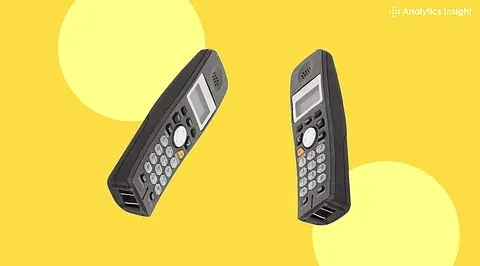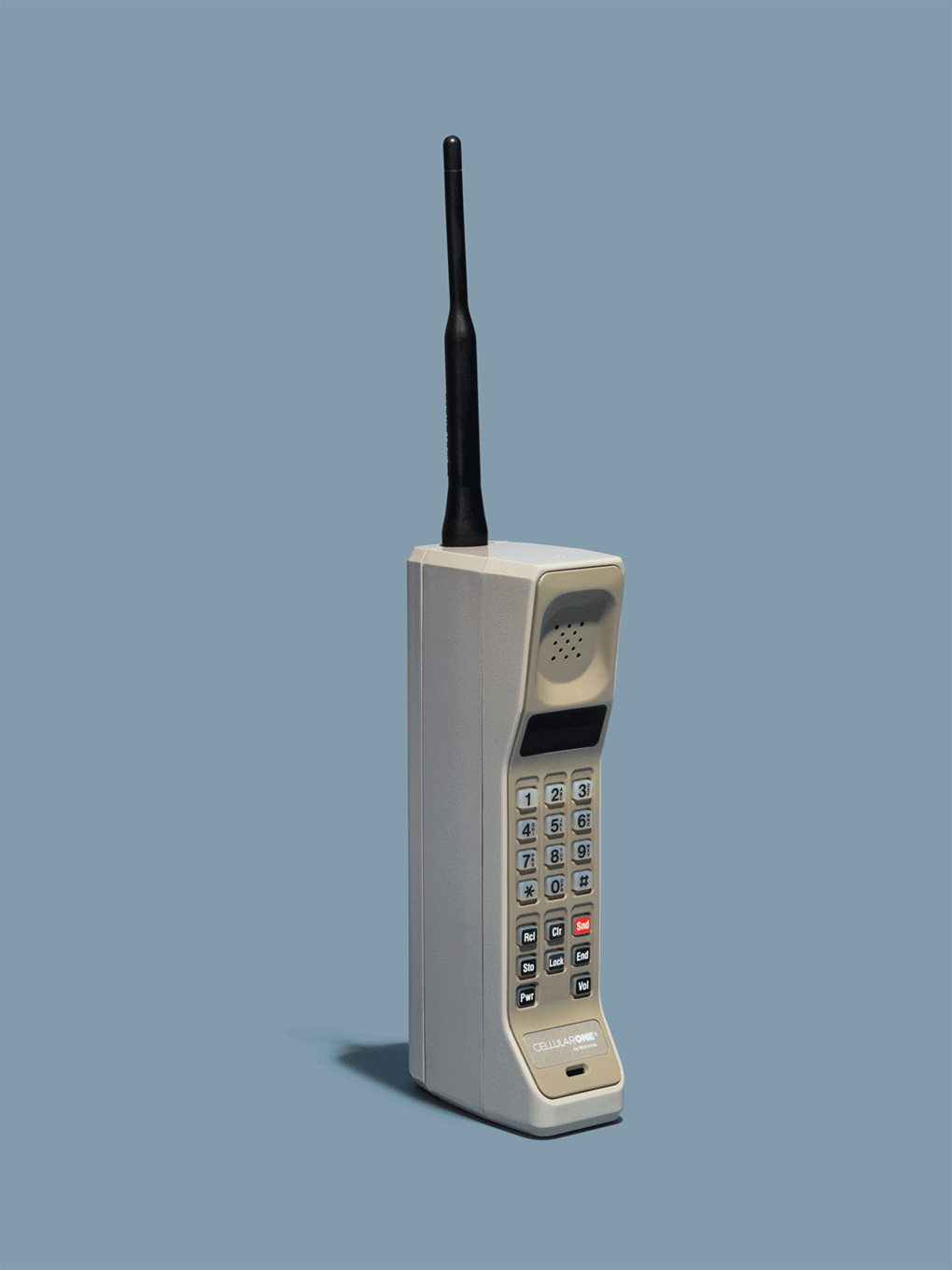What is “appstinence” movement? Why People Are Choosing Old Tech Over New
How to ditch your smartphone for a dumb phone Which automakers are bringing back buttons What functions should stay on touchscreens How do physical buttons improve accessibility Is modern tech making people more anxious What does it mean to prefer old tech Are physical keys more reliable than touch

By YEET Magazine Staff, YEET Magazine
Published November 18, 2025
Tags: old tech trend, physical buttons comeback, tactile feedback, touchscreen backlash, re‑buttonization
A growing tech movement is pushing back against sleek touchscreens — from cars to phones — as people rediscover the comfort, safety, and satisfaction of physical buttons.

People are starting to say: bring back the buttons. Whether in their cars, on phones, or tucked into vintage gadgets, physical controls are having a surprising resurgence — and it's not just nostalgia.
Why People Are Choosing Old Tech Over New
There’s a real, growing trend pushing against touchscreen dominance. Experts say one big reason is tactile feedback — the satisfying click or resistance of a real button tells your brain you’ve done something, without always needing to look. GIGAZINE+2Boréas Technologies+2

In driving, safety is a big part of the story. Hybrids and EVs are reintroducing physical buttons for critical functions, because drivers said touchscreen menus for things like climate control or headlights are distracting. The Verge+2EVXL.co+2
A poll by ZigWheels found that 64% of people preferred real buttons over touch-based interfaces, even though touchscreens are everywhere. ZigWheels.com

What This Says About You (and Me)
If you’re someone who prefers “old tech” — real keys, dials, clicks — here’s what wider trends might be reflecting about you:
- You value reliability and clarity. You don’t want to dig through nested touchscreen menus when you’re just trying to change the volume or the AC.
- You’re safer-smart. For some, physical controls feel safer: you can operate them by feel, with less risk of looking away. Carscoops+1
- You like authenticity. Using a real, tactile interface can feel more human than slick glass.
- You might be reacting to tech fatigue. There's also a broader cultural movement, especially among younger generations, called “appstinence”—people ditching full-featured smartphones for simpler “dumbphones” to reduce stress and constant digital noise. Business Insider

Real‑World Examples & Pushback
- Cars: Hyundai has publicly admitted that drivers found too many touchscreen controls frustrating. They’ve brought back knobs and buttons for critical functions. The Verge
- Industry Safety: Euro NCAP (the European car safety group) is pushing for physical controls again — by 2026, they'll require buttons for certain things like turn signals and hazard lights to get top safety ratings. The Times+1
- Widespread Preference: According to design experts, interfaces shouldn’t be all-or-nothing. Cars are now being made with a hybrid mix: essential tasks on buttons, less critical features on touchscreens. Carscoops+1
- A Broader Movement: The “appstinence” trend is gaining steam, with people giving up smartphones for older, simpler phones to reclaim their mental space. Business Insider
The Psychology Behind It
- Tactile control matters: Humans are wired for touch. Physical buttons give feedback that helps us operate things without too much thought. VatySya+1
- Accessibility: For people with limited dexterity, physical switches are often easier to use than touchscreens. Boréas Technologies
- Neo‑Luddism vibes: Some people’s preference for old tech isn’t just about functionality — it reflects a broader skepticism of hyper-modern, always-connected gadgets. Wikipedia
What This Means for Tech’s Future
This isn’t just a fad. The button revival could reshape how technology evolves:
- Designers will need to balance form and function. Instead of full glass panels, we might see more mixed interfaces.
- Automakers are listening. Safety and usability concerns are pushing back against minimal touchscreen design.
- User-centered tech could win. As more people push back on “screen everything,” manufacturers may need to rethink what progress really means.
💡 What You Can Do Now (if You’re a Button Person)
- Demand it: Voice your preference when buying devices (cars, phones, appliances).
- Educate: Explain to others why physical controls matter — it’s not just old-school, it’s practical.
- Explore retro: You can find refurbished “dumbphones,” vintage gadgets, or modern devices that still come with real buttons.
Related Questions People Are Googling:
- Why are physical buttons coming back in cars
- Do drivers prefer buttons or touchscreens for safety
- What is re‑buttonization in tech
- How tactile feedback impacts usability
- Are touchscreens less safe while driving
- Why some people hate touchscreen controls
- What is “appstinence” movement
- How to ditch your smartphone for a dumb phone
- Which automakers are bringing back buttons
- What functions should stay on touchscreens
- How do physical buttons improve accessibility
- Is modern tech making people more anxious
- What does it mean to prefer old tech
- Are physical keys more reliable than touch
- How Euro NCAP regulates touchscreen safety
- Why tactile controls matter for older adults
- Can retro tech be practical in 2025
- What is the new Luddite movement
- How can I find vintage electronics
- Are people going back to flip phones
- How touchscreens distract drivers
- What is the future of car interior design
- Why is minimalist design failing in car UX
- Do physical buttons reduce errors vs touch
- How is nostalgia driving retro tech trend
- What companies refurbish old gadgets
- Why Gen Z is ditching smartphones
- Is it safer to use a physical volume knob
- What is the demand for analog controls
- Are buttons better for critical controls
- How to balance touchscreen and physical UI
- What is the psychological appeal of tactile feedback
- Do older adults prefer physical controls
- What tactile feedback is and why it matters
- How to advocate for safer car interfaces
- What minimalist design gets wrong about usability
- Does re‑buttonization improve driver focus
- Why voice control is not always enough
- How to buy a “dumb phone” in 2025
- What retro-futurism tells us about tech
- How do analog interfaces re-emerge
- Why people are skeptical of high‑tech interfaces
- Can vintage tech reduce digital stress
- How to live more mindfully in a touchscreen world
- What’s the cost of adding buttons back to devices
- What are the risks of touchscreen-only design
- How do manufacturers decide on UI design
- What role does user feedback play in tech design
- Why some touchscreens use haptic feedback
